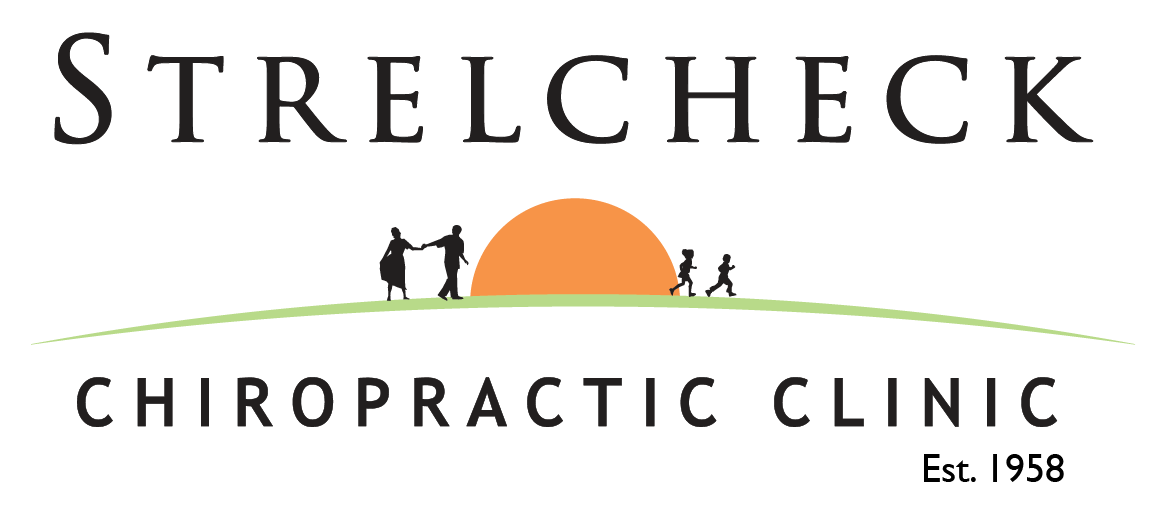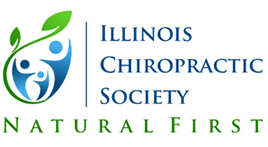- Home
- Conditions Treated
- Insomnia
Insomnia
What is Insomnia?
Insomnia is a common sleep disorder afflicting 30% to 40% of the adult population in any given year. If you have it, you may have trouble falling asleep, staying asleep, or both. As a result, you may get too little sleep or have poor-quality sleep. You may not feel refreshed when you wake up.
Let our knowledgeable chiropractic staff in Crystal Lake relieve you of your insomnia by contacting us today.
- Lying awake for a long time before you fall asleep
- Sleeping for only short periods
- Feeling as if you haven’t slept at all
- Waking up too early
- Wake up feeling tired
Insomnia usually has an underlying cause. Common causes of insomnia include:
- Anxiety or depression
- Medical conditions such as gastro-esophageal reflux disease(GERD), prostate enlargement, Parkinson’s disease, Alzheimer’s disease, and stroke
- Medications such as decongestants, stimulants (e.g., methylphenidate*) and some antidepressants
- Nicotine, caffeine, and alcohol
- Not being active enough during the day
- Air travel, especially when traveling from west to east (jet lag)
- Sleep problems such as sleep apnea
- Stress caused by work, family life, death or illness of a family member or friend, or financial difficulties
The chiropractors here at Strelcheck, working in accordance with a sleep specialist, will diagnose your insomnia based on your medical and sleep histories. A comprehensive physical and mental evaluation will further assist us in the correct diagnosis. He or she also may recommend a sleep study. A sleep study measures how well you sleep and how your body responds to sleep problems. Treatments include Chiropractic adjustments, lifestyle changes, counseling, and exercise.
The American Academy of Sleep Medicine has developed practice parameters on non-drug therapies for the clinical management of insomnia. The findings indicate that non-pharmacological therapies produce reliable and durable changes in several sleep parameters of chronic insomnia sufferers. The data indicate that between 70% and 80% of patients treated with non-pharmacological interventions benefit from treatment.




